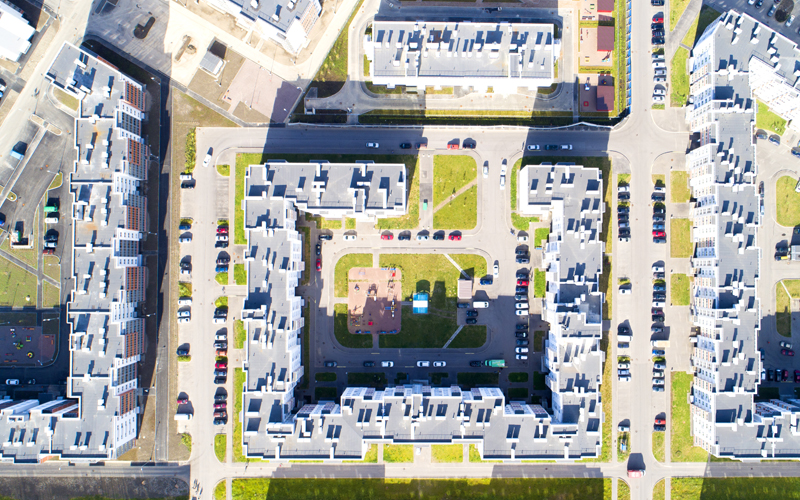
Many colleges and universities use public-private partnerships (P3) to deliver new student housing projects to accommodate demand for on-campus housing. When planned and implemented correctly, these deals are an effective way to deliver a new housing project efficiently and in some cases with minimal impact to the institution’s balance sheet and often a neutral to positive impact to its credit rating. However, one of the more pressing issues facing these same institutions is the deferred maintenance on their existing housing, which usually includes facilities that are obsolete and well past their useful life—sometimes upward of 70+ years old. P3s won’t be the optimal solution for all institutions, but in certain cases—especially where cash-strapped institutions are under severe financial pressures—it may be worth exploring.
One approach to resolving this issue, while at the same time expanding the supply of new beds on campus, is through a concessionaire agreement. In the case of student housing, a concessionaire agreement is a legal contract that gives an entity the exclusive right to develop, operate and/or maintain housing assets on a university campus for a specified time and subject to specific terms. The possible benefits are manifold.
This is an excerpt from an article originally published on the P3 Resource Center. Read the full piece here.